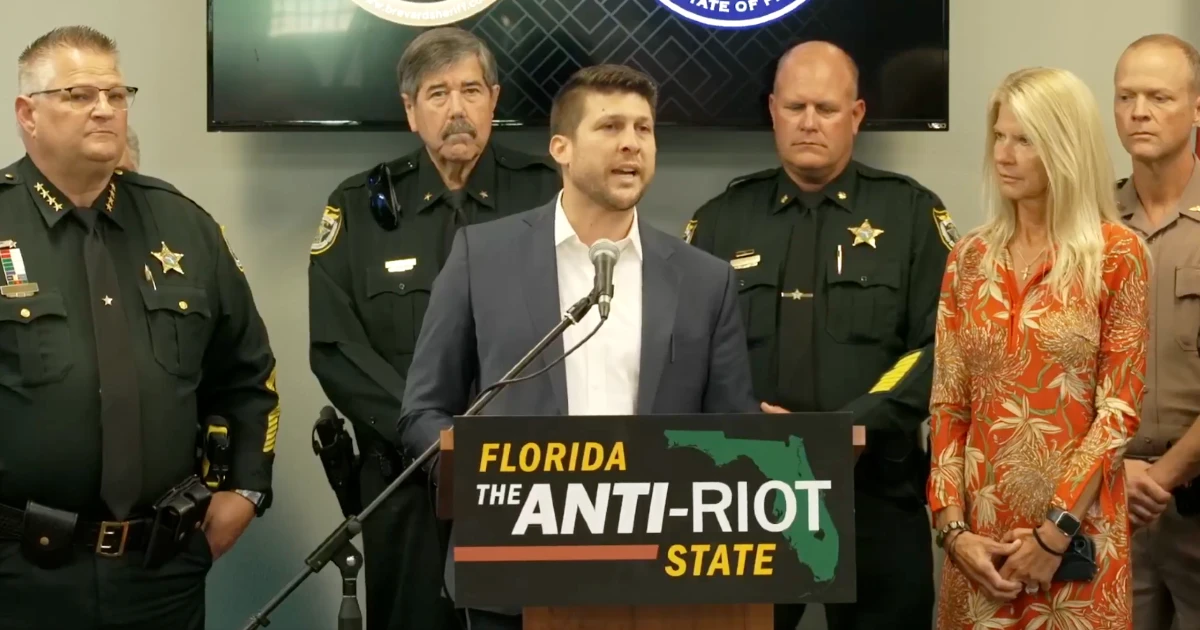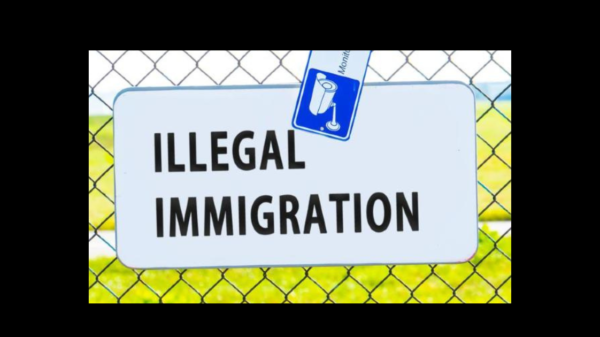Florida Attorney General James Uthmeier and state law enforcement officials issued a strong warning this week against acts of violence or online harassment targeting U.S. Immigration and Customs Enforcement (ICE) and Border Patrol officers.
This warning follows recent reports of violent demonstrations in Los Angeles, where protestors allegedly blocked roads, damaged property, and looted stores.
“Florida is the anti-riot state,” Uthmeier said during a press conference. “If anyone attempts to riot or dox federal agents in this state, they will be held accountable under Florida law.”
Uthmeier emphasized that ICE and Border Patrol agents are carrying out federal immigration duties and deserve protection from threats or public harassment. He stated that individuals who share the personal information of federal officers with the intent to intimidate could face criminal charges in Florida.
Brevard County Sheriff Wayne Ivey echoed this message, asserting that while peaceful protests are supported, his agency will not tolerate violent demonstrations. “Peaceful protest is part of our democracy,” Ivey said. “But if it turns violent, our response will be swift and decisive.”
Colonel Gary Howze of the Florida Highway Patrol (FHP) added that the state does not operate as a “sanctuary” for those evading immigration enforcement, emphasizing that Florida’s policies prioritize public safety and cooperation with law enforcement.
The Florida State Board of Immigration Enforcement also contributed to the discussion, with Executive Director Larry Keefe stating that Florida will continue to support its federal law enforcement partners.
As part of the state’s response, Uthmeier has directed FHP to coordinate directly with ICE and Border Patrol on officer safety issues. If any agent stationed in Florida is targeted through online harassment or doxxing, FHP will conduct welfare checks and provide a dedicated contact for assistance.
Additionally, Uthmeier announced that Florida has become the first state to be assigned a 287(g) liaison officer by ICE. This role will strengthen cooperation between state, local, and federal immigration enforcement efforts. The 287(g) program allows designated state and local law enforcement officers to perform certain federal immigration enforcement functions under ICE supervision.


















